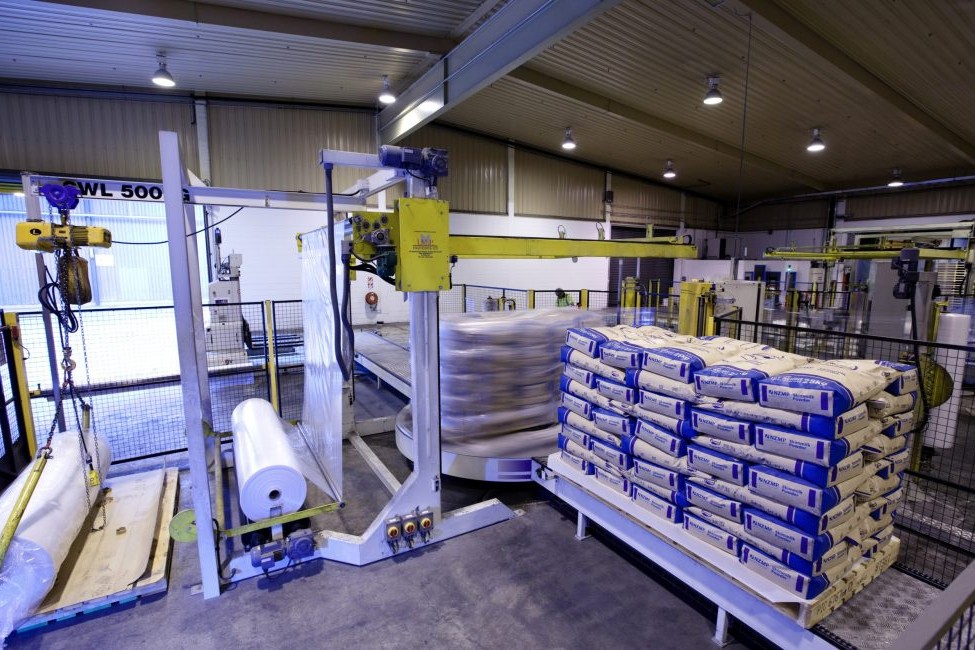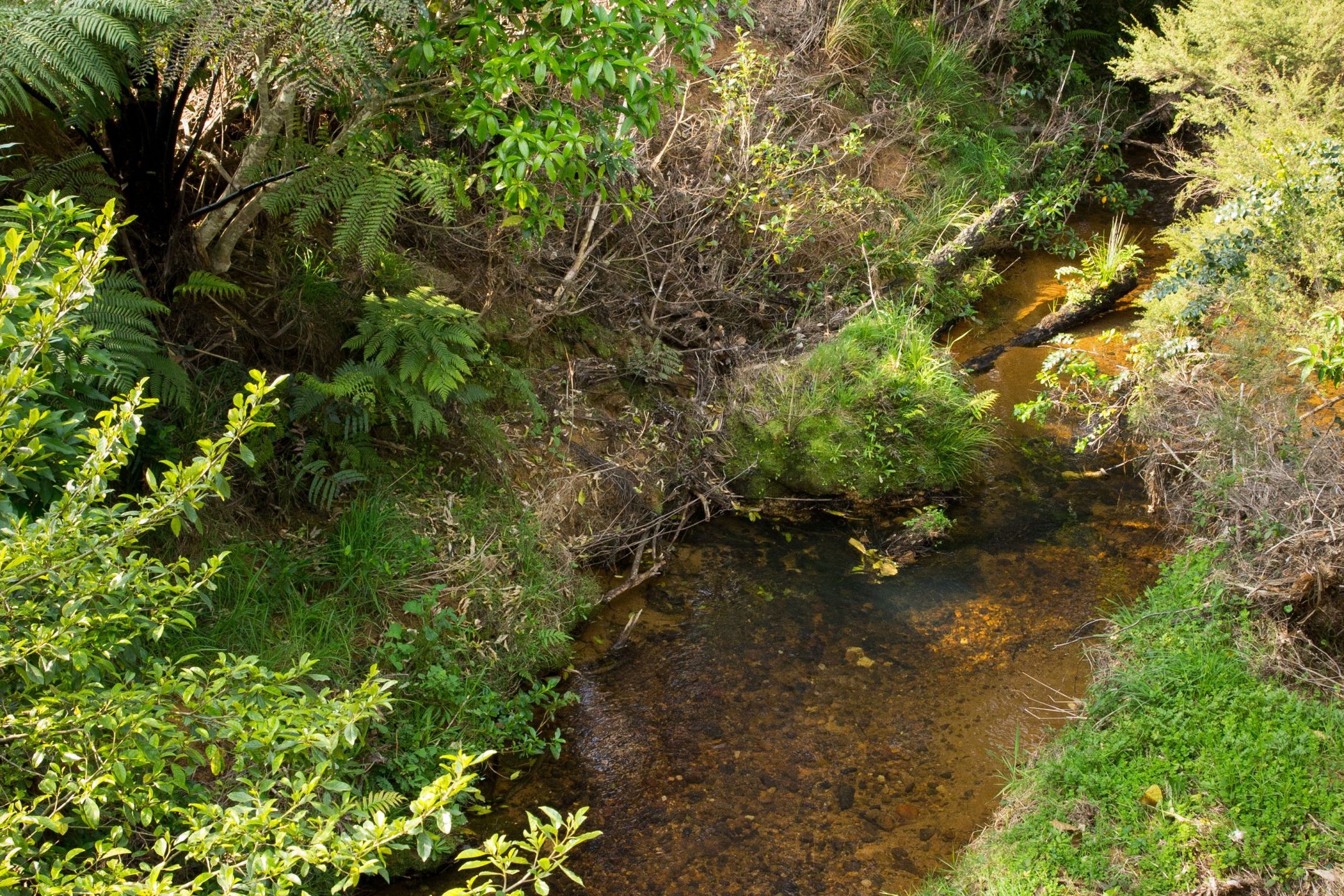A change in science funding policy looks likely. The new Government has said a shift is required to create a more productive economy. It mean “working smarter, with new technologies, reducing the export of raw commodities and adding more value in New Zealand”. Adding value to dairy was mentioned. Bob Edlin looks at science funding and the Government’s intentions.
New funding contracts for New Zealand’s seven Crown Research Institutes (CRI) took effect in July last year. The seven-year contracts, which together represented a $1.2 billion investment, were the first issued through the Government’s Strategic Science Investment Fund mechanism. Previously the CRIs had five-year contracts for their core funding.
Collectively the CRIs employ 2399 scientists and technicians and a total of 3378 staff. They include AgResearch, Landcare Research and Plant & Food Research. CRI funding accounts for about 15% of the Government’s total science investment.
But universities are involved in research of interest to the primary sector, too.
While core funding is now channelled through the SSIF, there is a bewildering array of other sources of funding for scientists engaged in primary-sector research – although competition for the money is fierce.
Ministry for Primary Industries
- The Sustainable Farming Fund invests in applied research and projects led by farmers, growers, or foresters which deliver economic, environmental and social benefits to NZ. Applicants can seek up to $200,000 a year for a maximum of three years. The maximum total grant available is $600,000. Projects require a non-government funding contribution of at least 20%. The largest number of projects have been in dairy.
- The Primary Growth Partnership (PGP), a joint venture between government and industry, invests in long-term innovation programmes to increase the market success of primary industries. Programmes are primarily business led and market-driven aimed at boosting productivity and value across the primary industry value chain – from producer to consumer.
Ministry for Business, Innovation and Employment
- The Endeavour Fund has more than $190m available, with up to $48m a year invested in Smart Ideas and Research Programmes, in line with the strategic direction set out in the Government’s National Statement of Science Investment.
- Grants in 2017 included $12.5m over five years to AgResearch for a project titled “Smarter Lives: New opportunities for dairy products across the lifespan”.
Eleven National Science Challenges are cross-disciplinary, mission-led programmes designed to tackle the country’s biggest science-based challenges. They require collaboration among researchers from universities and other academic institutions, CRIs. businesses and non-government organisations to achieve their objectives.
The previous Government allocated funding of $326.4m over 10 years for the challenges which include: –
- High-Value Nutrition (up to $83.8m over 10 years), designed to enable the transformation of NZ’s food and beverage industry to become an exporter of high-value foods with scientifically proven health benefits.
- NZ’s Biological Heritage (up to $63.7m over 10 years), which aims to reverse the decline of the country’s biological heritage by protecting and managing native biodiversity, improving biosecurity, and enhancing resilience to harmful organisms.
- Our Land and Water (up to $96.9m over 10 years) which aims to enhance the production and productivity of the country’s primary sector, while maintaining and improving the quality of the country’s land and water for future generations.
- The Catalyst Fund supports activities that initiate, develop and foster collaborations, “leveraging international science and innovation for the country’s benefit”. It has four funding streams: influence, leaders, seeding and strategic. The MBIE runs some initiatives through a contestable process. Others are administered by the Health Research Council and the Royal Society of NZ.
- Research partnerships are continuing after a review of the Partnerships Scheme, but with several changes to achieve objectives such as a more diversified portfolio mix of sectors and greater industry or sector investment and participation in research and development. The 2017 Partnerships Scheme Investment Round involved five new sector led research partnerships receiving funding up to $25.7m over the next seven years. DairyNZ was among the beneficiaries, receiving $8.4m over seven years for a project titled Livestock Genetics.
Management to reduce farm environmental impacts
The Commercial Advisers Scheme is open to Maori collectives, including trusts, incorporations, post-settlement governance entities and similar organisations. Coalitions of collectives may also apply. This funding can be tracked down through the Te Punaha Hiringa: Maori Innovation Fund of $3m a year which invests in initiatives that contribute to the achievement of goals and priorities in the Crown-Maori Economic Growth Partnership and the Business Growth Agenda.The scheme funds Maori collectives up to $60,000 to work with a commercial advisor for up to 18 months and is open to collectives at various stages of commercial development. It also supports collectives with assets from a wide range of primary and other sectors.Grants will cover 75% of the total cost of the commercial advice delivered, with collectives contributing the remaining 25%.
Callaghan Innovation
A Crown entity set up to make NZ business more innovative, Callaghan Innovation provides a range of R&D grants. Increased funding in the 2017 Budget lifted total grants money available (for “getting started” grants, student grants and “’project” grants) to $657.2m over four years. Businesses must spend at least $300,000 on research and development to qualify for a grant of up to $5m.
The Agricultural and Marketing Research and Development Trust
AGMARDT (as it is known) is an independent not-for-profit organisation established by the Government in 1987 with $32m from the wind-up of the British, Christmas Island and NZ Phosphate Commissions.
Since then its funds have grown to around $80m and it has provided $65m of funding to encourage innovative ideas, foster research capability and develop emerging leaders in the agricultural, horticultural and forestry sectors.
Among the beneficiaries, a Farmer Leptospirosis Action Group study aimed at protecting dairy farmers and their stock against leptospirosis is being funded to the tune of $80,000.
The Marsden Fund
The Government established the Marsden Fund in 1994 to fund excellent fundamental research. It is a contestable fund administered by the Royal Society of NZ on behalf of the Marsden Fund Council and operates under terms of reference issued by the Minister of Science and Innovation. It allocated $84.6m to 113 projects in the 2017 round with grants intended to encourage NZ’s leading researchers to explorenew ideas that may not be funded through other funding streams and foster creativity and innovation within the research, science and technology system. The research is not subject to government’s socio-economic priorities.
Among the latest recipients was the University of Canterbury, given $845,000 for a project titled Removing nitrate from contaminated water using methane. Which microbes are doing the work?





